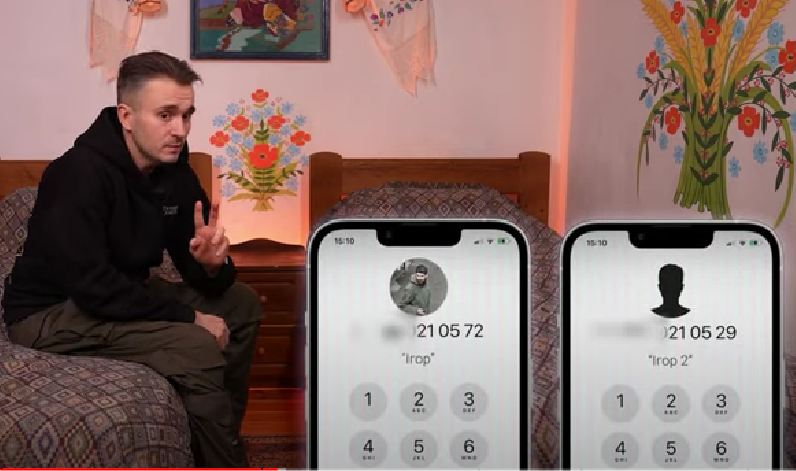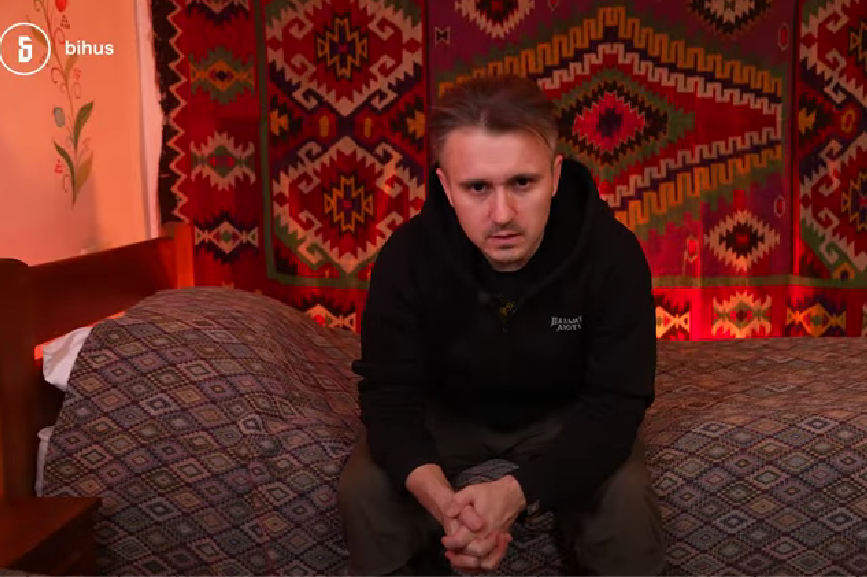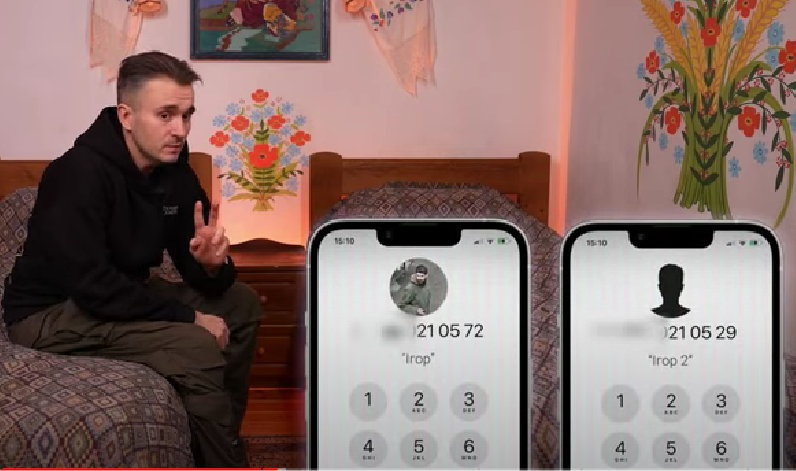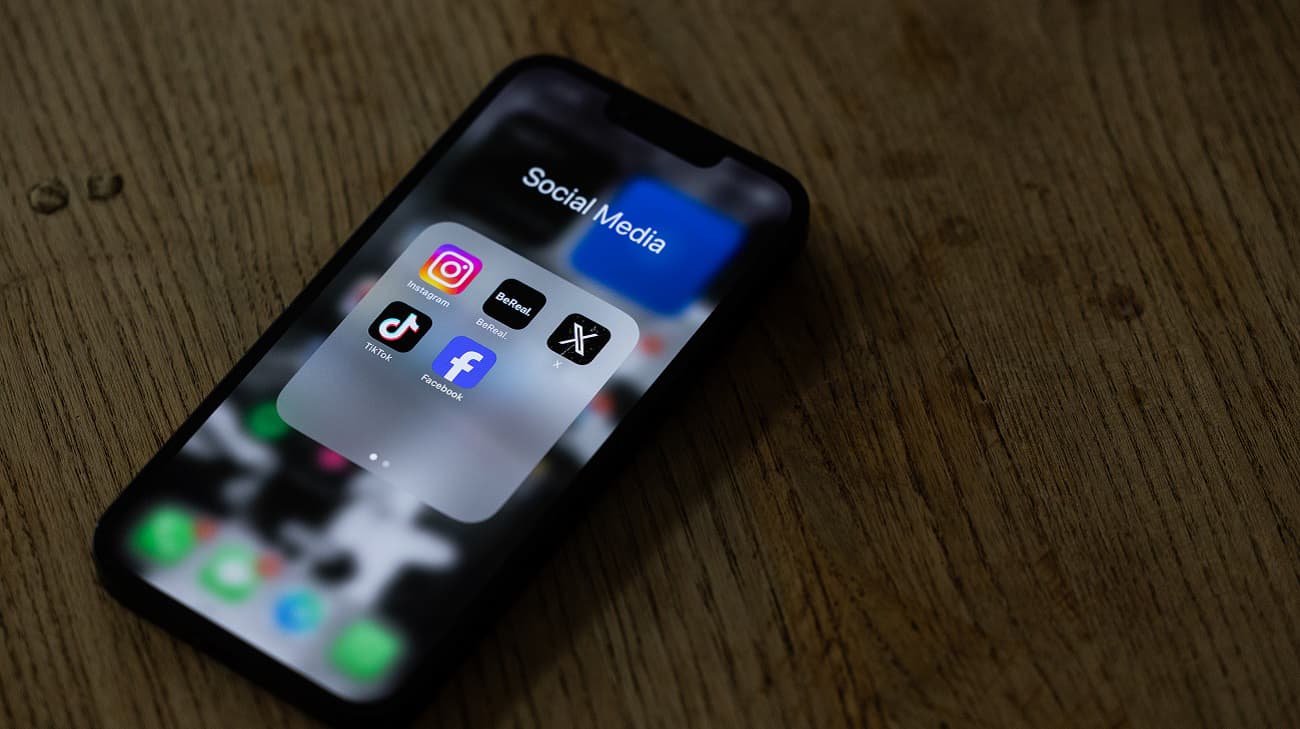Bihus exposé: Ukraine’s SBU illegally surveilled investigative journalists
Bihus.Info journalists revealed this week that Ukraine's SBU security force secretly recorded their team, igniting concerns over eroding press freedoms. The post Bihus exposé: Ukraine’s SBU illegally surveilled investigative journalists appeared first on Euromaidan Press.

The investigative outlet Bihus.Info, a Ukrainian corruption whistleblower, reported on 5 February that an explosive smear video recording of their colleagues using drugs during a private party was carried out on the orders of one of Ukraine’s Security Service’s (SBU) departments.
The possible involvement of Ukraine’s security agencies in the illegal monitoring and wiretapping of a prominent investigative journalist team is part of what critics say is a consistent intimidation campaign against journalists and is a troubling warning sign for Ukraine’s media freedom.
The incident in question happened on 27 December, when Bihus staff members had a party at a complex near Kyiv, inside which a secret camera was recording their every step. The video was shared by Narodna Pravda, posing as a news outlet with an editor-in-chief whose photo was generated by AI, on 16 January. There were also video recordings taken from the street and tapped phone calls where the now-fired staff members discussed purchasing drugs.
Bihus.info is known for its investigations into state corruption, with one incident of army procurements at inflated prices arguably being key to the dismissal of former Defense Minister Reznikov. The media later said that surveillance of their staff members was likely part of a security operation, probably “looking for ways to discredit the editorial team.”
Bihus.info founder Denys Bihus said he was “embarrassed” by the incident but that he is more ashamed of the “performers of this show,” who interfered in the “deeply private life” of his now former colleagues to dig up dirt on the team.
Bihus itself launched an investigation to find those who ordered the surveillance of camera operators. In the investigative video, released on 5 February, the Bihus.info founder Denys Bihus said the media outlet managed to obtain copies of the videos from the surveillance cameras throughout the complex.

“A day before the Bihus.Info’s team arrived at the suburban complex, a group of people held their own ‘corporate party’ there. They booked cottages on [numbers from] disposable SIM cards, arrived on cover license plates, and brought huge suitcases with them,” the investigation says.
In particular, the licence plates of one of the officers’ cars are decommissioned and invalid. “Only law enforcement officers are allowed to use such numbers,” said the investigation.
The phone numbers used for booking differ only in the last two digits. The phone number of the group organizer, Ihor, is recorded in other users’ contacts with the note “SBU.”

Bihus.Info founder Denys Bihus said in the video that 30 officers of the Department installed the cameras for the Protection of National Statehood, a high-ranking department of Ukraine’s Security Service (SBU).
Bihus.Info journalists tried to talk to individual SBU operation participants, but they did not respond to comments. Particularly, they did not answer whether they had received a court order to launch the surveillance, without which it is illegal.
“They brazenly crossed the line of legality,” Denys Bihus said. “Such SBU actions threaten Ukraine’s statehood in an attempt to discredit the activities of journalists.”
SBU first tries to justify its actions, then launches a case against itself
On the evening of 5 February, following the released Bihus.info investigation video about the illegal surveillance of its team, the SBU justified its operation, saying that “some Bihus.Info employees were among the clients of the dealers, through whom drugs were supplied to other citizens.”
Nevertheless, the SBU launched a probe into the “illegal acquisition, sale, or use of special technical means of obtaining information.”
“We believe that independent media are an integral part of a modern democratic society, and no actions of individuals can cast a shadow on any of the editorial offices and media in general,” the SBU wrote.
The conflict between the SBU first stating that they were investigating the Bihus team for drug dealing but then launching a case into illegal surveillance was pointed out by Yaroslav Yurchyshyn, head of the committee for freedom of media in Ukraine’s parliament:
“Friends, this is called split personality. If you were surveilling legally, why are you opening a case about illegal surveillance?”
The SBU was criticized by Justice Minister Denys Maliuska, who said on 6 February that the Ukrainian government should have more control over the actions of its security services within the country.
Furthermore, on 6 February, Ukraine’s Parliament (Verkhovna Rada) voted to summon the head of the SBU, Vasyl Maliuk, to report on the wiretapping of the Bihus.Info team by one of the SBU department, lawmaker Yaroslav Zhelezniak said.
In turn, Maliuk said, “It’s necessary to separate the actions of the service from its employees.”
“The actions of individual employees cannot negate all the positive results that the SBU has achieved during the war, nor cast a shadow on every representative of the Service: neither those who fight the enemy inside the country nor those comrades from the security service who give their lives on the battlefield for the sake of Ukraine,” SBU’s head said.
Maliuk added, “Such actions are unacceptable and have already resulted in a number of personnel decisions.” In particular, he submitted a recommendation to dismiss the head of the SBU department that ran the operation, Roman Semenchenko.
President Volodymyr Zelenskyy has already signed the corresponding decree on 31 January.
However, Yaroslav Yurchyshyn believes that the SBU cannot investigate the case itself due to the conflict of interest and has appealed to the Prosecutor General to appoint another law enforcement agency.
He also called upon Ukraine’s parliament to require a report from the chiefs of police, SBU, and Prosecutor General about the investigations into attacks on journalists.
“Unfortunately, the pressure on media figures does appear to be systematic,” he said. “A part those who are supposed to defend statehood are fighting against freedom of speech. The stakes are very high. Together, we must achieve truth and justice.”
Meanwhile, the Bihus team is pessimistic about establishing justice. Bihus.info project editor Maksym Opanasenko commented to 5.ua that, “Most likely, we will never be able to prove who it was. Until this person comes out and says: it was me. On the other hand […] only such a small layer of people could have done this. […] Who can give orders to the Security Service of Ukraine? Let’s count on the fingers of one hand,” he said.
The case raises unnerving parallels with the unsolved murder of Georgiy Gongadze, a journalist murdered in 2000 amid suspicions that his anti-corruption work unnderved then President Kuchma. While the hitmen of the murder were sentenced, the mastermind was never found.
How it all started
On 16 January, Bihus.info said that its journalists had been surveilled for months after the video that appeared online showing its team members using drugs during a New Year’s private party. Its leader Denys Bihus said later that the employees on video using drugs were not journalists but camera operators.
The news about the surveillance of Bihus.Info came a day after Yurii Nikolov, a prominent journalist known for investigating defense procurement corruption scandals, reported a threatening visit to his home by unknown men on 14 January. Ukraine’s Police identified later five people involved in illegal actions against Nikolov.
On 16 January, the Institute of Mass Information (IMI) issued a statement in which its head, Oksana Romaniuk, demanded that the authorities respond to the systemic pressure on journalists.
Mediarukh, the Ukrainian media freedom movement, demanded that President Zelenskyy “resolutely condemn” the pressure campaign on independent journalists and ensure that incidents of intimidation are investigated as crimes against media employees.
In an evening video address on 17 January, Zelenskyy said that “any pressure on journalists is unacceptable.”
On 17 January, the SBU launched an investigation into the circumstances of wiretapping and video recording of the Bihus.Info investigative journalists.
According to Bihus.info journalists, on the same day, SBU’s officers came to search the suburban complex, where the Bihus.Info team members were filmed and seized hard drives with CCTV footage.
Read also:
- Ukrainian media coalition decries “targeting” of journalists critical of authorities
- SBU says it busted FSB spy ring of current and ex-intel officials in Ukraine, detained five spies
The post Bihus exposé: Ukraine’s SBU illegally surveilled investigative journalists appeared first on Euromaidan Press.



